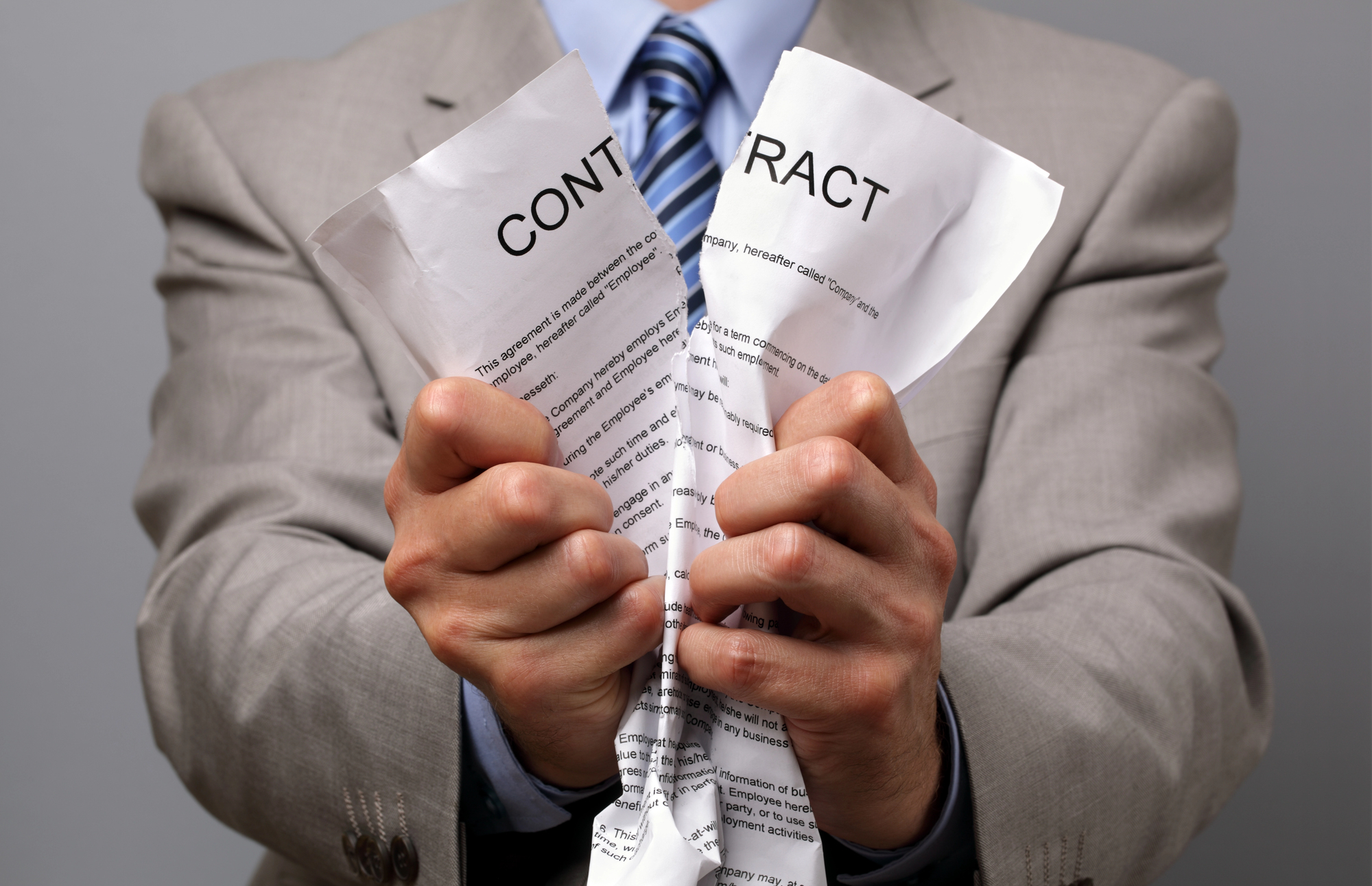As business lawyers here at Loshak Law PLLC, we always strive to do the best for our clients – so we are always frustrated when a client comes to us after it’s too late, when the problem could have been cheaply and easily avoided. For example, clients sometimes come to us in the wake of failed contract negotiations or after they’ve already agreed to terms that aren’t necessarily in their best interest. Then, it’s up to us to apply lipstick to a proverbial pig – and as the saying goes, it’s difficult, if not impossible.
So here’s something to think about. Rather than picking up the pieces after the fact, we can negotiate the best terms for you from the beginning. We also have the skills and experience necessary to ensure the contract is properly written. Here’s why this option is worthwhile.
As South Florida attorneys we are held to strict standards of conduct
In accordance with the Florida Rules of Professional Conduct, along with the rules of judicial administration, and the American Bar Association’s model rules, attorneys must abide by strict rules when negotiating contracts on behalf of their clients.
- We must be able to demonstrate competence. In other words, we must have the relevant skills and abilities required to represent you in this context.
- We must be completely honest with you and in court.
- We must engage in “zealous representation.” This means we must aggressively fight for you in the negotiation process.
- We must keep you fully apprised of any progress and pitfalls throughout the negotiations; and respond promptly to any requests for information.
We risk being sanctioned and facing other serious consequences if we don’t abide by these rules. But just as importantly – if not more so – we risk disappointing you.
Dotting the “I”s and crossing the “T”s
With that in mind, we’ll also review any contract you’ve drafted to make sure you haven’t made any little mistakes that can cause big headaches.
Specifically, we’ll make sure the proper parties are identified to avoid any potential confusion, help draft appropriate contract provisions, ensure our client’s objectives are met, and make sure you’re protected in case of a breach of contract.
We’ll also review the contract to ensure that it:
- includes all relevant recitals, facts, and details;
- is equitable in nature;
- clearly identifies the roles & responsibilities of the parties;
- includes terms and contingencies that address unexpected complications;
- includes “Choice of Law” and other necessary provisions;
- protects our clients to the highest extent possible.
Finally, we’ll also take the time to answer all of your questions before you sign anything. That way you can be confident that you aren’t entering into an arrangement that you don’t feel comfortable with.
In summary, retaining our business attorneys to negotiate, write, and review your contract will save you time, money and aggravation in the long run. Don’t leave anything to chance, contact us here or call our office at (954) 334-1122 to learn more about how we can help you today.












